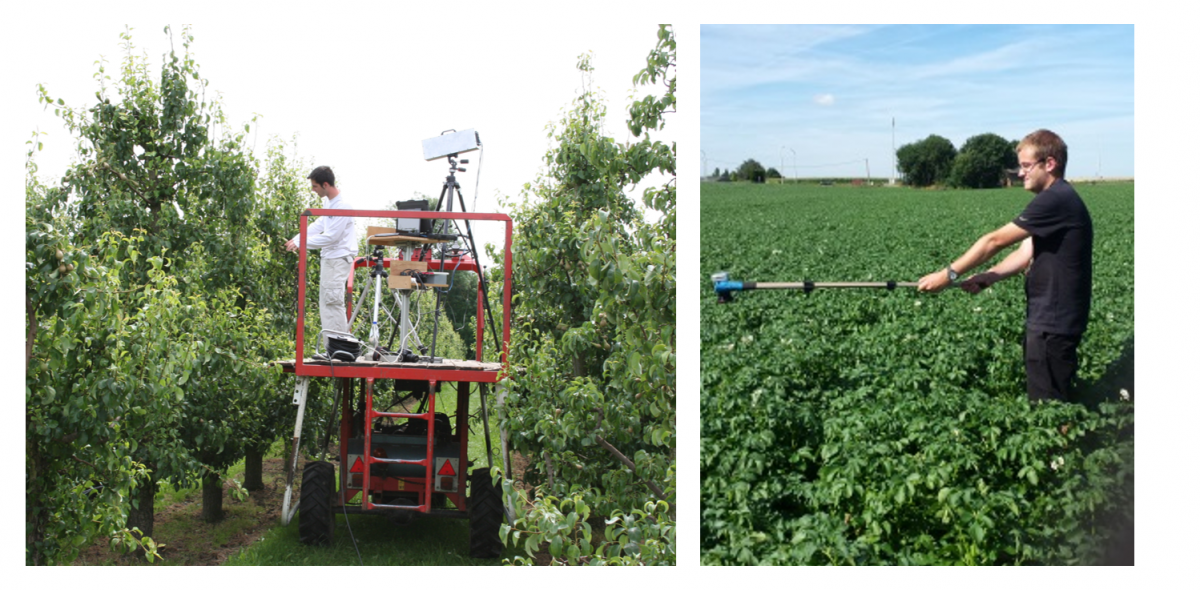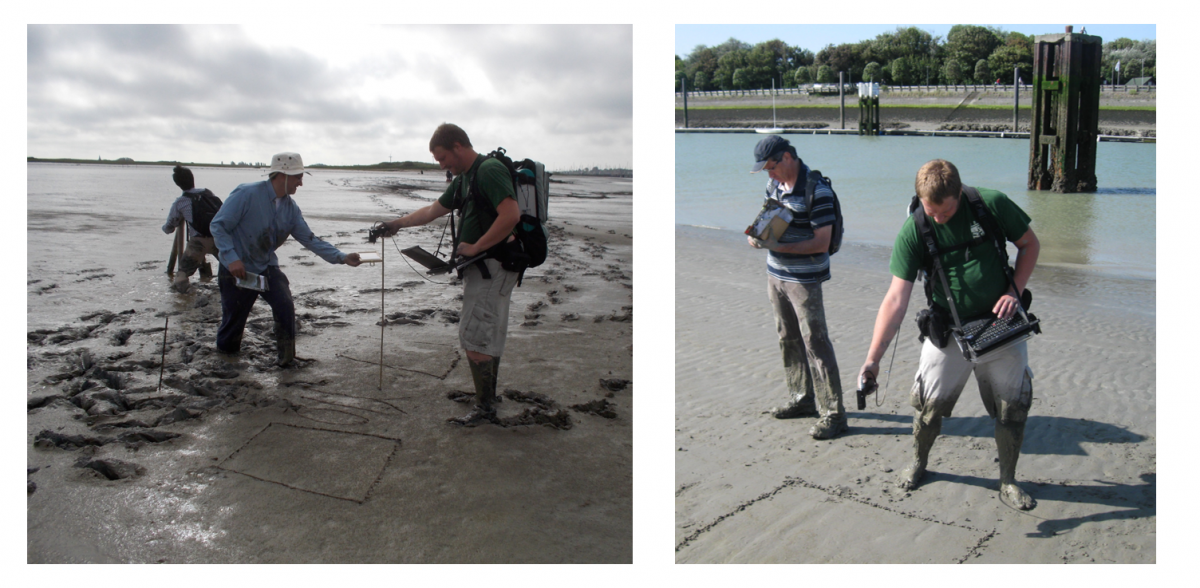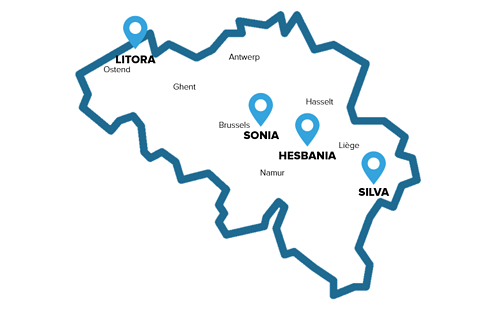Published on 2 June 2020
Research in Earth Observation (EO) is fascinating but those who tackle it not always have it easy. Satellite or aerial images must be supplemented by numerous field data in order to allow their calibration and validation.
To support the Belgian and international research community and encourage collaborative research in this area, the STEREO program launched the BELAIR project in 2013.
The objective is to develop a series of 'test' sites in Belgium on which a wide variety of data are collected at regular intervals: data of different spectral and spatial resolutions, collected in the field but also from sensors on board satellites , planes or drones.
These data are linked to different projects, for example for calibration and validation purposes for new EO missions and for the creation of new products.


Since the first "pilot" campaign in 2013, the project has developed into a sustainable campaign on four benchmark test sites and a network of data, measurements, instruments, expertise and researchers working together on different projects.

In collaboration with more than 20 organizations, the team in charge of the project collected several types of in-situ data, by drone, APEX and satellite on 4 'test' sites allowing to cover a wide range of essential thematic areas for many EO projects:
- LITORA site for coastal and biodiversity monitoring (Ijzermonding, Laege Moere and Zwin)
- SONIA site for urban and forest areas (Brussels-Capital region)
- HESBANIA site for agriculture and horticulture (silt belt between Sint-Truiden and Gembloux)
- SILVA site for monitoring forests and vegetation (Liège, Vielsalm and Eupen, active since 2017)
All the data collected can be interconnected and are made freely available to researchers via the BELAIR geoportal upon completion of the missions.
Discover the brand new BELAIR blog